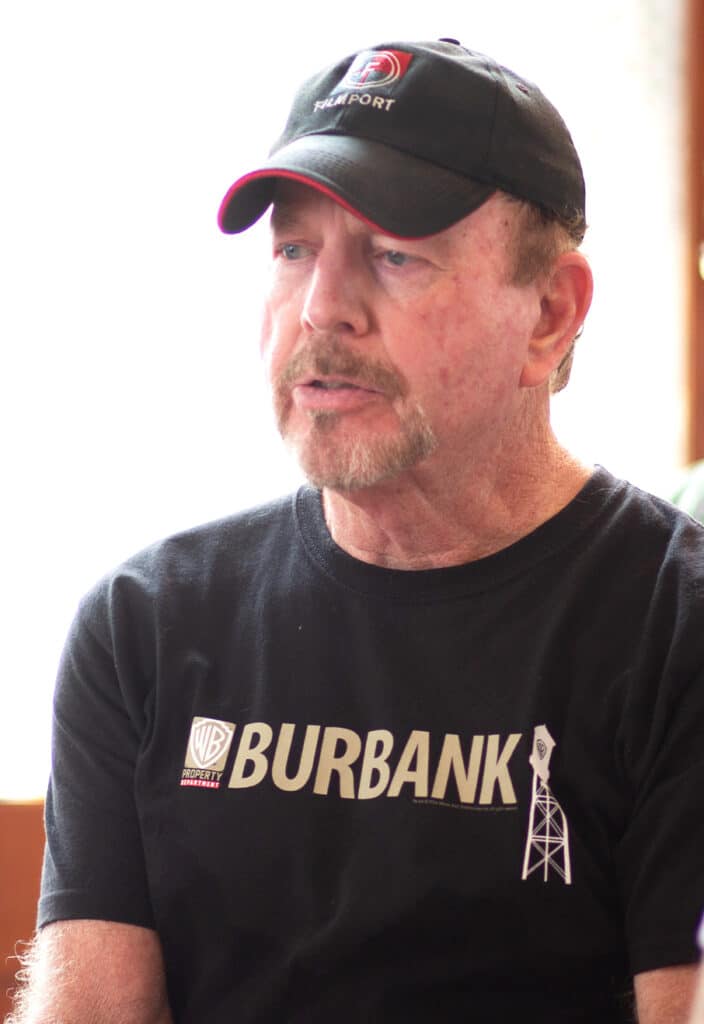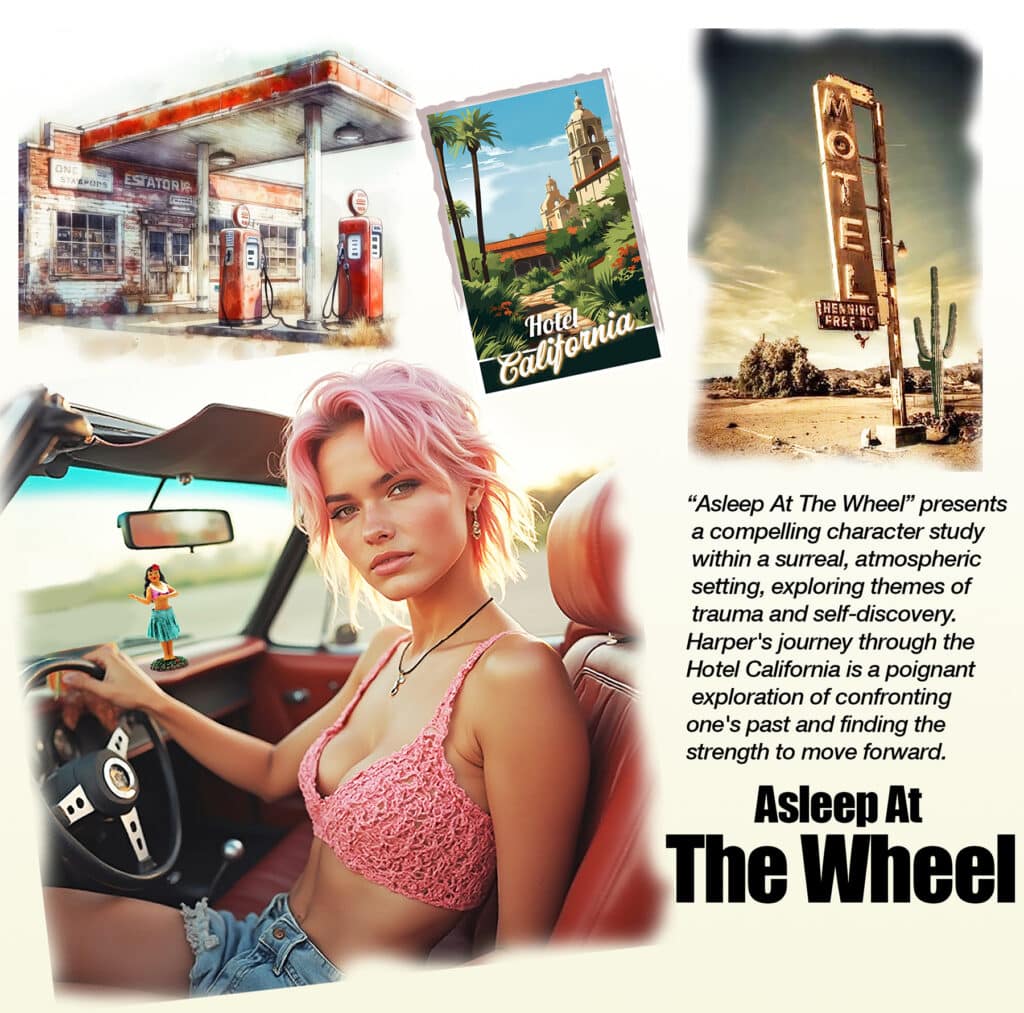Arts & Entertainment Community
Local filmmaker tackles childhood abuse in new festival short
Given the dozen films and 212 film festivals under his belt, one might assume that Kit Wilson has been a filmmaker all his life. But the Gig Harbor local didn’t start making films until 12 years ago.
Wilson — who has lived in Gig Harbor for the past 13 years — started out in advertising in New York and Los Angeles. From there, he moved on to novel and nonfiction writing, but found that he just wasn’t getting “any satisfaction out of my literary audiences.”
“I decided to switch to screenplays, because I knew that if whatever words that I wrote were on a screen then I could actually see some response in a theater,” Wilson said. “So I jumped on all the resources I could to learn screenwriting. I took master classes, I read books, you name it. It took me about two years to actually shift gears and learn the mentality it takes to write a screenplay, because you have to learn a lot about actual on-set screen activities before you really put the words on the page that make sense.”

Kit Wilson
Asleep At The Wheel
Wilson’s first film, Trickshop, premiered in 2016 and won a collection of awards. Since then, he has written several other short films, 12 of which have also garnered awards at the 212 festivals.
For his 13th film, the 21-minute-long Asleep At The Wheel, Wilson is touching on a difficult subject: Childhood abuse.

The setting for Kit Wilson’s “Asleep At The Wheel.”
“It’s about a … disillusioned, college-age girl who leaves college on a spring break to drive out to the desert to find the Hotel California and it turns out she had childhood abuse issues,” Wilson said. “There’s a bunch of flashbacks. There’s a matron … of the hotel that … makes her realize that there’s people still in that hotel that haven’t dealt with the issues or resolved their issues, and they’re still there. But she has an opportunity to become empowered and walk away not looking at her past anymore as a liability.”
Wilson said he didn’t go into this topic without care, and that he consulted with Melinda Raebyne, an acclaimed Taiwanese American filmmaker. Her award-winning film, For Sale (2020), examines the intersection of racism and sex trafficking, and her short film Asylum (2017) examines the psychological impacts of domestic violence.
Raebyne portrays Alena, the hotel’s matron in Asleep At The Wheel. The latter was the first piece of public art in Tacoma that addressed child sex trafficking, and features the voices of real survivors. Domestic abuse-focused Asylum won several film festival awards.
Careful depiction of abuse
She also shared with Gig Harbor Now that she herself has experienced childhood abuse.
“I read the script and it made sense to me, as a person who comes from childhood abuse,” Raebyne said. “Everybody’s process in the journey is different, but the way he wrote it — I felt that there was thought and care put into the healing process [portrayal].”
Raebyne said she sees her character in Asleep At The Wheel as “the one that helps encourage [main character Harper Collins] a reminder of the strength that’s within her to keep going.”
She also said that she liked the way Wilson opted to write the film: As a psychological thriller that allows people like her character suddenly appearing around a corner to stand in as a literal manifestation of an abuse survivor finding unexpected power within herself.

A promotional image for “Asleep At The Wheel,” a new movie by Kit Wilson of Gig Harbor.. Wilson said a London-based AI company offered to create promotional materials for free and he agreed. He decided to say yes. But, he said, the company was “lightyears away from actually perfecting it,” but he wouldn’t consider replacing a real human being with AI to storyboard films.
Teaching tool
Ultimately, Wilson said, he wants the film to transcend festivals.
“I wanted to make sure that when the film was done and it did well in festivals, that it was going to be handed off to an organization locally, either Seattle or Tacoma or Gig Harbor,” Wilson said. “They could use it as a teaching tool as well. They could take it to meetings and talk to sponsors or investors or even just talk to general audiences about the issue. And it wouldn’t be a heavy-handed, kind of documentary-style film. It would be a narrative film about a fictional character, but it would still deal with real issues, and … the people that were screening it would be able to interact with the audiences and talk about the different issues and the solutions to the problems.”

